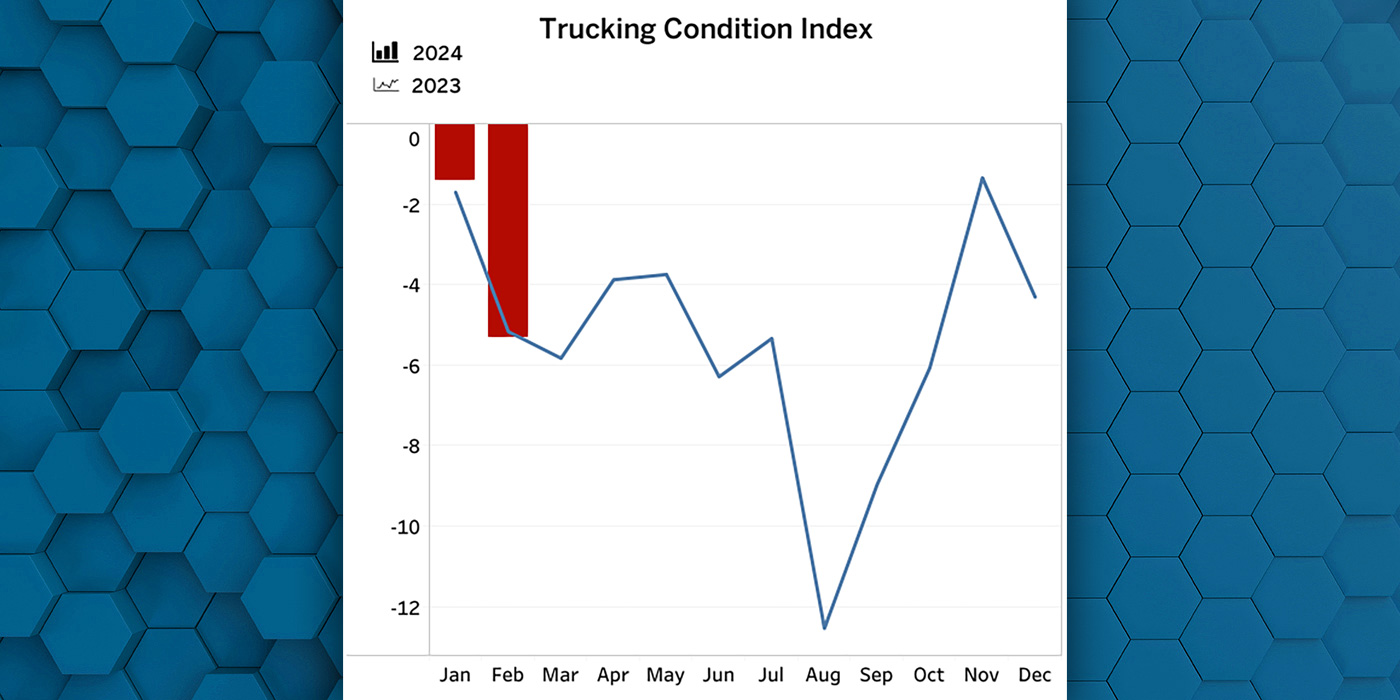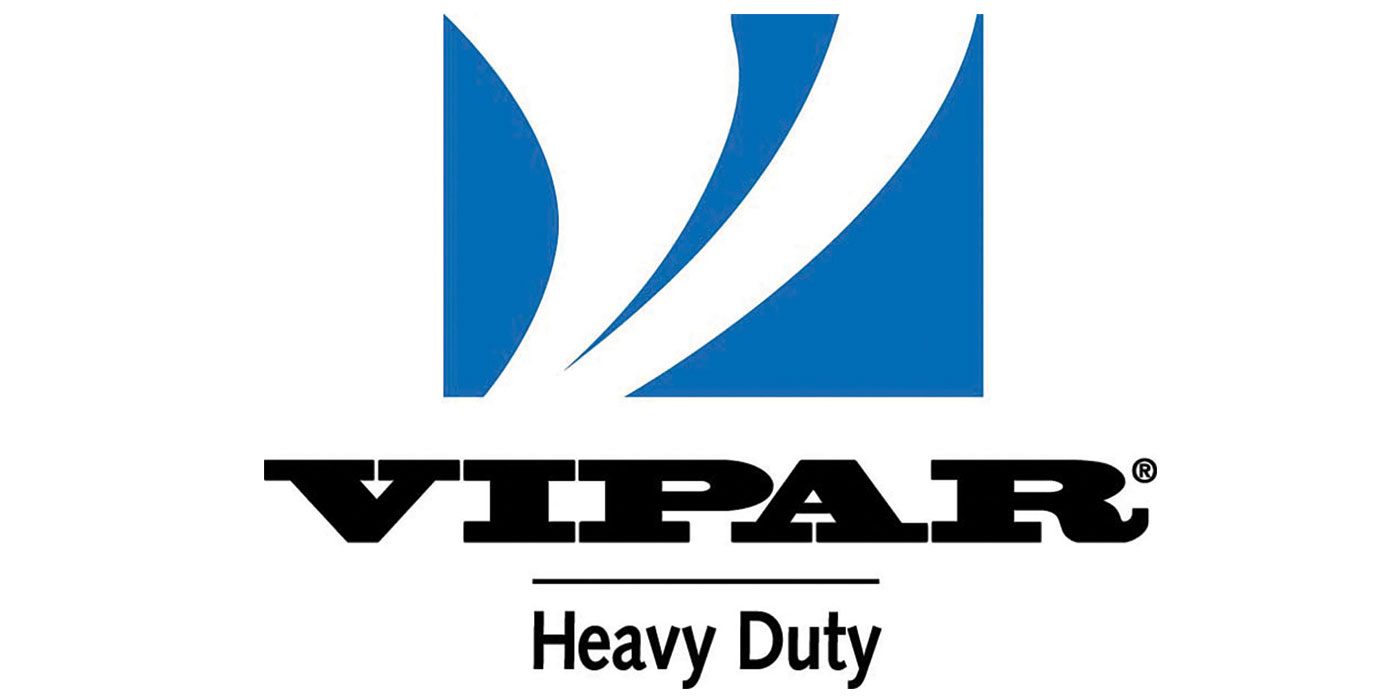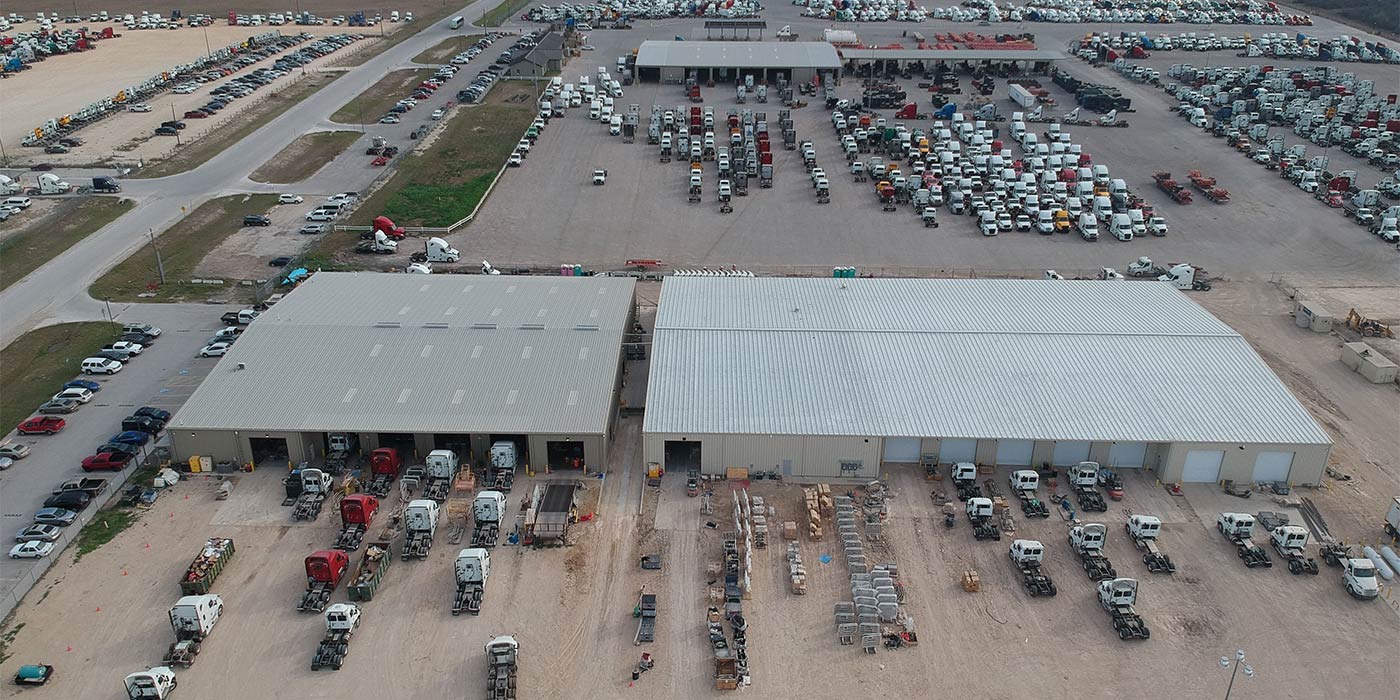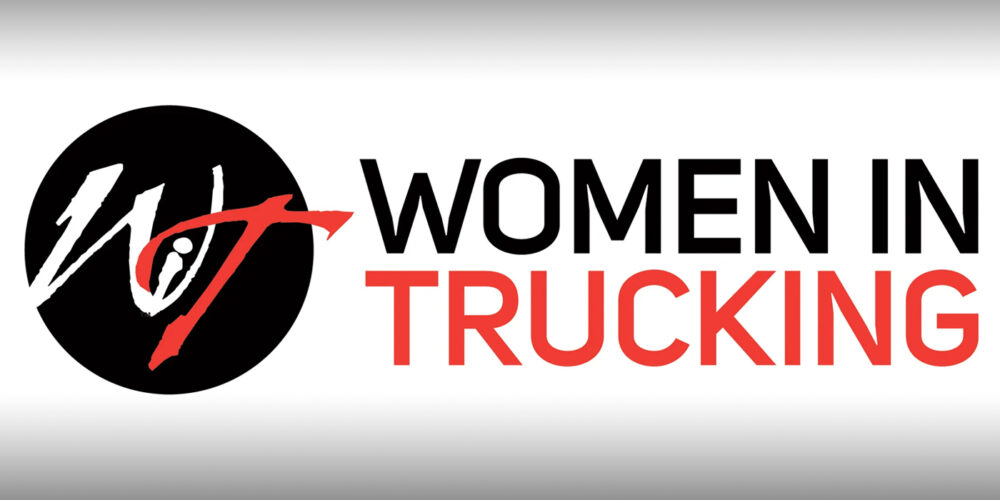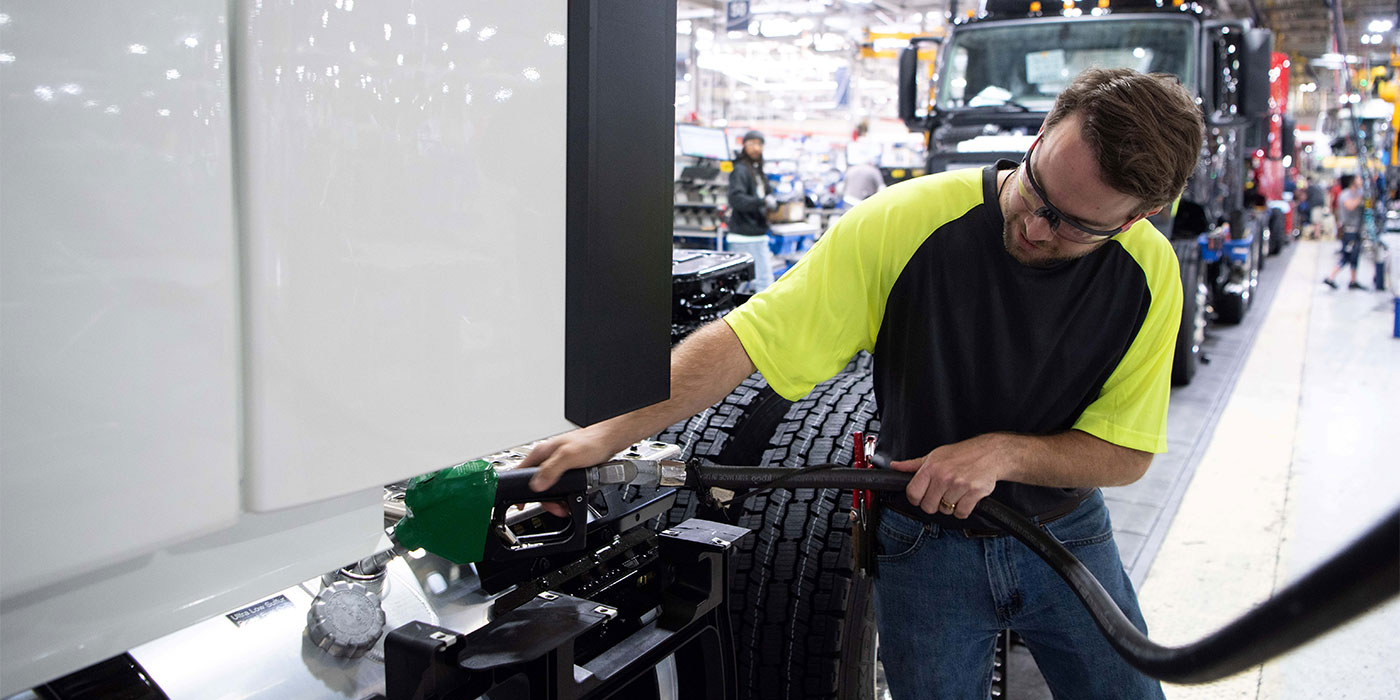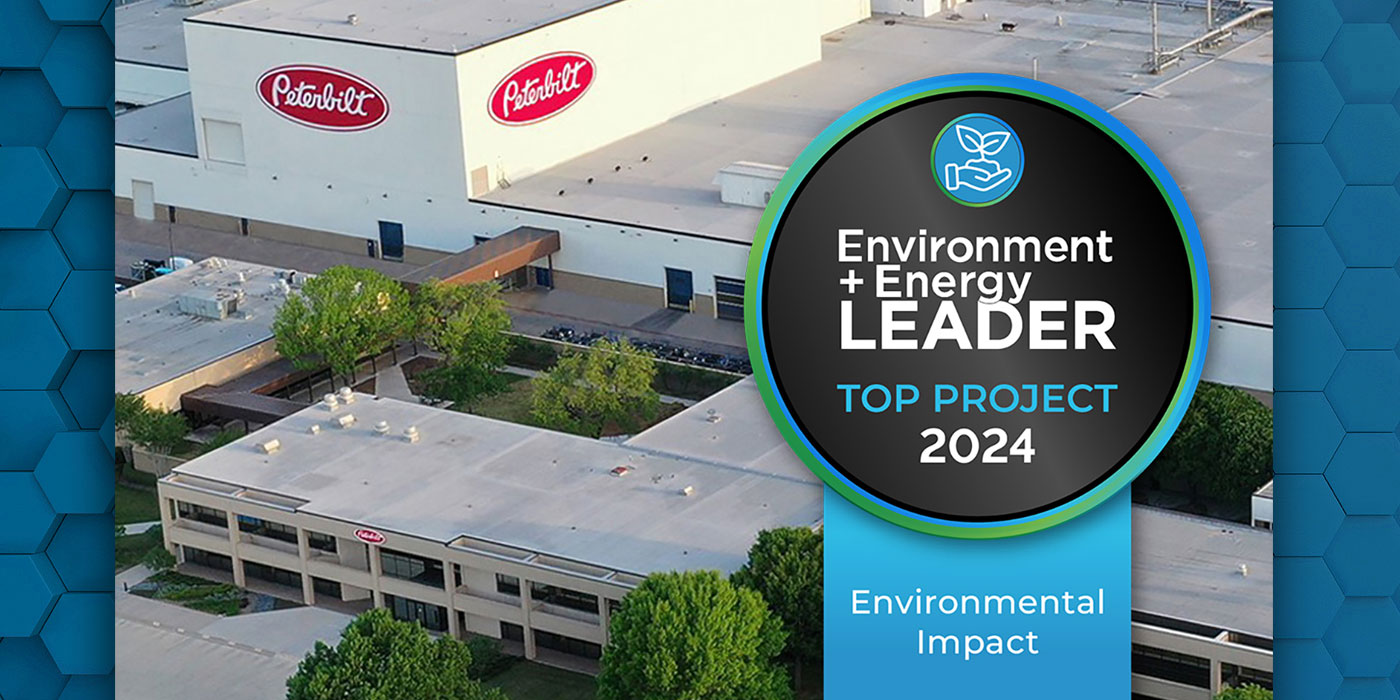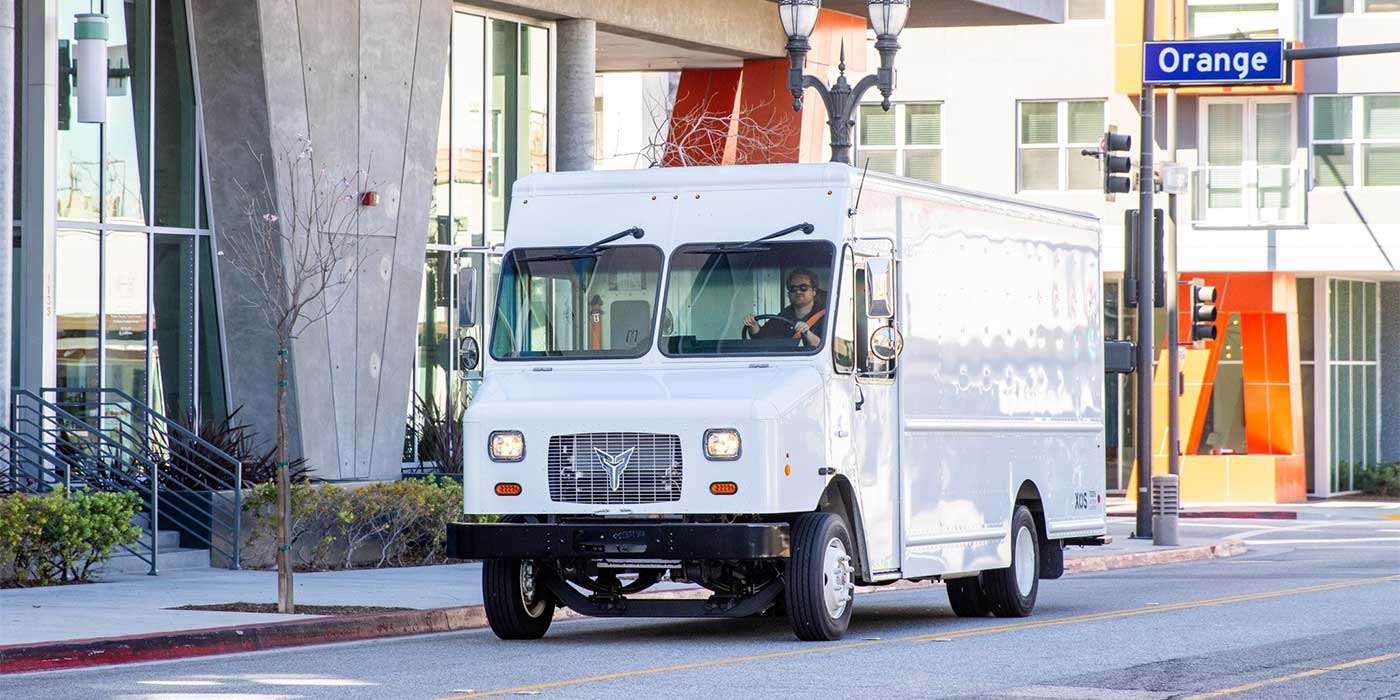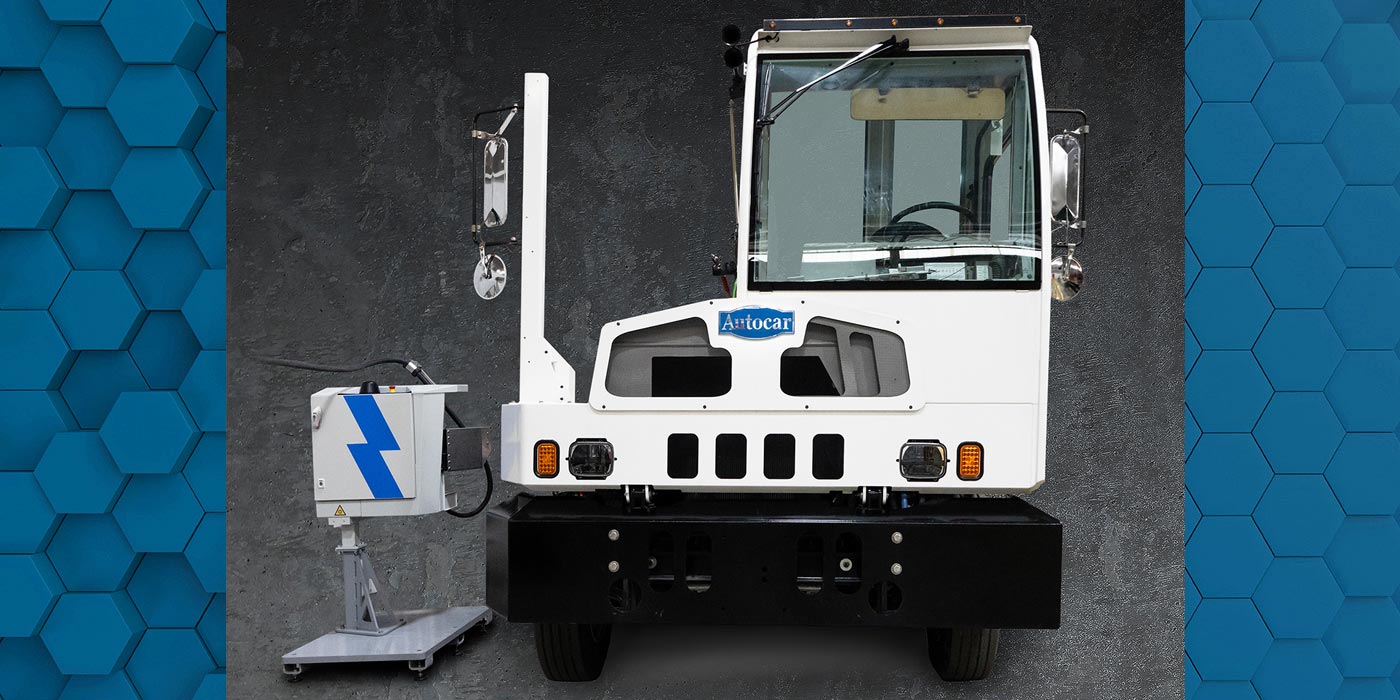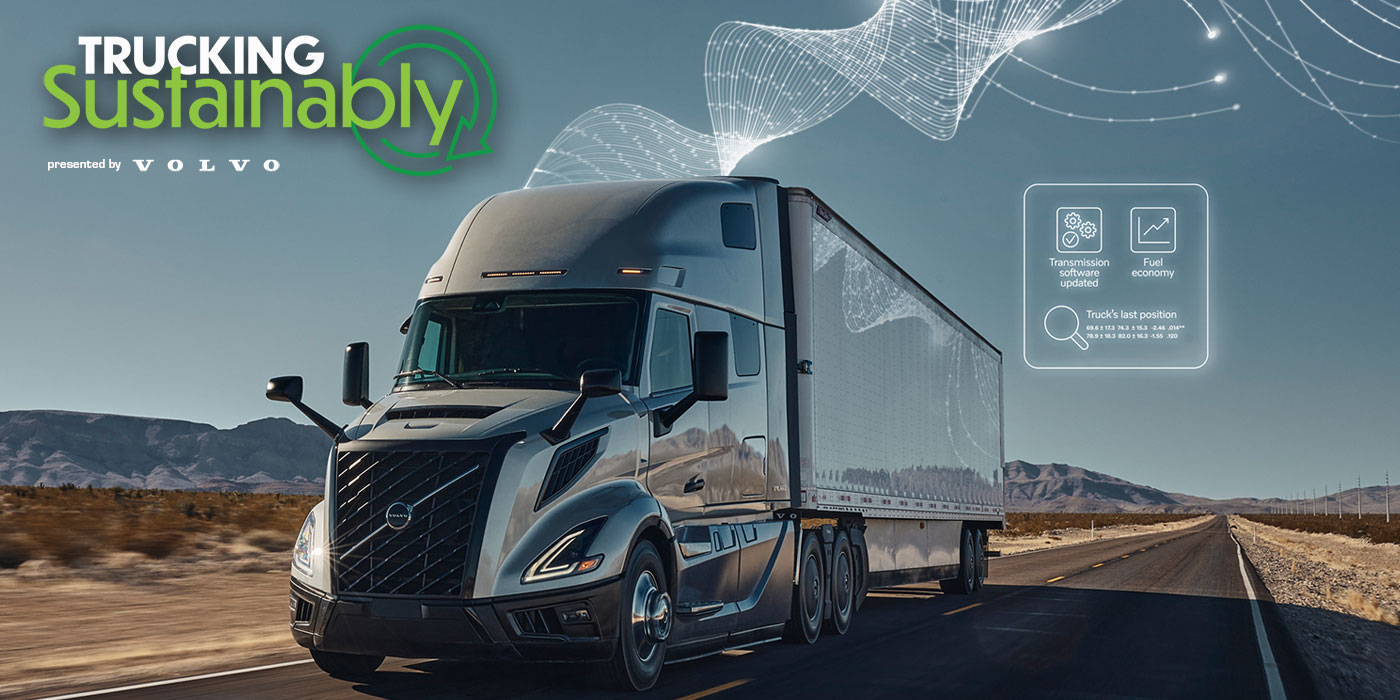Three commercial vehicle manufacturers – Volvo Group, Daimler Truck, and the Traton Group – have signed a binding agreement to create a joint venture (JV) to install and operate a high-performance public charging network for battery electric, heavy-duty long-haul trucks and buses across Europe. The parties say they are committed to initiating and accelerating the necessary build-up of charging infrastructure for the increasing number of customers of electric vehicles in Europe and contribute to climate-neutral transportation in Europe by 2050. The JV creation is subject to regulatory approvals.
The planned JV—to be equally owned by the three parties—is scheduled to start operations in 2022 following the completion of all regulatory approval processes. The parties are together committing to invest €500 million. The plan is to install and operate at least 1,700 high-performance green energy charging points on and close to highways as well as at logistic and destination points within five years of the establishment of the JV. The number of charging points is intended to increase significantly by seeking additional partners as well as public funding. The future JV is planned to operate under its own corporate identity and be based in Amsterdam, Netherlands.
The companies say the future JV will act as a catalyst and enabler for realizing the European Union’s Green Deal for carbon-neutral freight transportation by 2050 – both by providing the necessary infrastructure and targeting green energy at the charging points. The companies say the joint action of Volvo Group, Daimler Truck and the Traton Group addresses the urgent need for a high-performance charging network to support truck operators with their transition to CO2-neutral transport solutions, especially in heavy-duty long-distance trucking.
What the CEOs are saying
Martin Lundstedt, president and CEO Volvo Group: “We are going from words to action, and this planned joint venture with Daimler Truck and the Traton Group is an important step in shaping a world we want to live in. Innovative partnerships like these will enable the much-needed change that will benefit our customers – and the entire industry. This is both a historical milestone in the transformation towards fossil-free transport and a breakthrough that shows Volvo Group’s commitment to reaching net-zero greenhouse gas emissions by 2040 and a net-zero emissions rolling fleet by 2050 at the latest.”
Martin Daum, CEO Daimler Truck: “Today’s signing announcement is great news for the transport industry and society, as it underlines all of the partners’ strong commitment to making CO2-neutral trucks a reality. It is remarkable that three fierce competitors in the area of trucks and vehicle technology are taking action together to start establishing the needed charging infrastructure. Together with Volvo Group and the Traton Group, we want to send a clear signal to all relevant stakeholders to follow our lead and act now.”
Christian Levin, CEO Traton Group: “We have the strong opinion that we as the Traton Group together with our brands Scania and MAN as well as the commercial vehicle industry as a whole will be part of the solution when it comes to a CO2-neutral world. A collaboration with strong competitors like Daimler Truck and Volvo Group might seem unusual. However, the topic is of crucial importance and this unique cooperation will make us faster and more successful in delivering the transformational action needed to tackle climate change. Our joint venture will be a strong push for the rapid breakthrough of battery electric trucks and buses, the most efficient and sustainable transport solutions.”
The three partners say they see this as a breakthrough for the transport industry to cut carbon emissions – and for other industries to benefit in several ways. A recent industry report is calling for up to 15,000 high-performance public and destination charging points by no later than 2025, and up to 50,000 high-performance charging points by no later than 2030. Therefore, this kick-start is a call for action to all other industry players, as well as governments and policymakers, to work together for a rapid expansion of the necessary charging network to be able to contribute to reaching the climate targets.
Fleet Equipment‘s take
Blockbuster partnerships like this are becoming more commonplace as global manufacturers face the challenge of fielding a product lineup of carbon-neutral vehicles. Volvo has stated that it will have a carbon neutral product line by 2040, Daimler Truck has said the same by 2039. Partnerships like this show that those deadlines aren’t marketing talk.
Two telling takeaways from the release were:
- The charging network of the three parties will be open and accessible to all commercial vehicles in Europe, regardless of brand.
- Volvo Group, Daimler Truck, and the Traton Group will own equal shares in the planned JV but continue to be competitors in all other areas.
We’ve seen a similar strategy with the creation of cellcentric, the Daimler Truck, Volvo Truck joint venture to create hydrogen fuel cells. Certainly, the truck manufacturers are fierce competitors but these joint ventures show that they all travel on the same road toward sustainability.
What happens in Europe…
Oftentimes comes here. One last point is that while Europe is much more aggressive in its climate change policies, these are global manufacturers with global scale – and we often see those technologies and equipment advances on our shores sooner rather than later. Here in North America, we’ve already seen Daimler Trucks North America deploy its own charging infrastructure. (As an aside, PACCAR also deploys its own charging equipment, though PACCAR is not involved in this deal.)
Still, the charging infrastructure network still remains a question mark here in the U.S., and the biggest challenge we face compared to Europe is the sheer size of the country and routes that long-haul trucks run. That’s why there’s more talk of hydrogen fuel cells for long-haul trucks than battery electric trucks that would necessitate a country-wide charging network. Still, a recent example of how investments on the other side of the pond impact us is Daimler Truck North America President and Chief Executive Officer John O’Leary explaining the cellcentric joint venture and the future development of hydrogen fuel cells:
“[Hydrogen] is definitely a more advanced topic in Europe. A lot of what you might call [environmental, social, corporate government] topics tend to start in Europe and then over time end up migrating to the U.S. I’d say the same with battery electric,” he said. “The U.S. is probably 18 months or 24 months behind just in terms of the conversation and the awareness of [hydrogen].”
Read that full story by clicking below:



